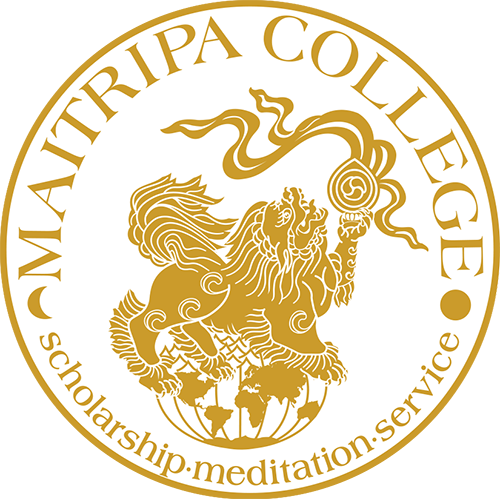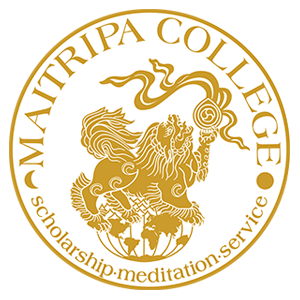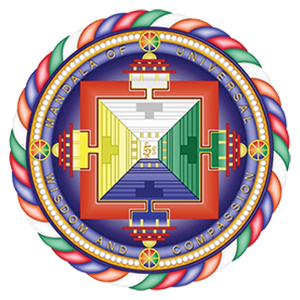How can I free myself from the past? I do not want to forget and erase the past but I do want to be able to move forward. When we have an internal contradiction, we feel stuck; our energy keeps circling in the same place. How can we move our energy forward?
The best way to solve this inner contradiction is to clear the path to move forward. Forgiveness is the way for us to open this path.
The purification practice of the Four Opponent Powers is a practice for self-forgiveness. In this practice, we go through four reflections: compassion, reflecting on our past actions, processing those past experiences, and prayer and inspiration to resolve to be stronger so as to not get caught in those actions again.
The First Power: Practice Compassion
The first step is to generate compassion for ourselves and all living beings. This makes our practice of self-forgiveness true and genuine. This compassion practice has three parts: empathy, compassion with drive, and a feeling of empowerment.
1. Empathy
Compassion meditation requires empathy. Empathy is the awareness of our own suffering. Through the window of our own challenges and suffering, we become aware of the challenges and suffering of other living beings. Unless we generate empathy, compassion practice becomes about the giver and receiver, more like pity. Cultivating empathy is very important.
2. Compassion with Drive
Compassion meditation can generate two responses: compassion with drive or compassion without drive. Sometimes, we can end up with a hopeless feeling, almost like giving up. This is compassion without drive. Compassion meditation can also inspire us to generate a greater energy. This is compassion with drive.
Why are there two different responses possible as a result of cultivating compassion?
If we don’t generate empathy, we can end up feeling hopeless. Compassion practice that ignores our own suffering can lead us to feel overwhelmed. We can also feel overwhelmed when we focus on the symptoms of suffering. This is compassion without drive. But if we shift the focus of our compassion from the symptoms of suffering to the root of suffering, it brings energy back. This is compassion with drive.
3. A Feeling of Empowerment (Self-Trust)
Feeling empowered is not necessarily feeling confident. Empowerment here refers to trust in yourself. This trust is not future-oriented. It does not arise from knowing the details of your planned solution, your plans: “I will do this and this.”
In this case, you are not necessarily clear about what is going to happen but you have a trust in becoming free from suffering. That trust is simple awareness of the nature of reality, that knows “I can free myself and all sentient beings from suffering, because the cause of suffering is impermanent.”
Sometimes powerful actions can arise from simple awareness. It does not have to be complicated. Empowerment and self-trust abide in the simple awareness of impermanence and seeing the potential for transformation.
The Second Power: Acknowledge Our Actions Without Guilt
The second step is to reflect on our actions and acknowledge them, not repressing or forgetting them, without being judgmental towards our selves. We should not fall into the extreme of not acknowledging our actions because we fear the guilt.
Acknowledging our actions without feeling negative towards ourselves or seeing our actions as something punishable, is the most important part of forgiveness, self-healing, purification. Because we are able to acknowledge, there is courage and willingness to transform and move forward.
The Third Power: Shaking our View of an Intrinsic and Permanent Self and Karma
The third step is the wisdom that shakes our view of an intrinsic and permanent self and karma. Ultimately, nothing exists intrinsicly; nothing is permanent. Through this awareness, we dissolve the view of an intrinsic and inherent self and karma.
The Fourth Power: Prayer and Inspiration to Engage in the Right Path
The final step is to conclude with prayer and inspiration, to engage in the right path and to strengthen our mindfulness of body, speech, and mind.


